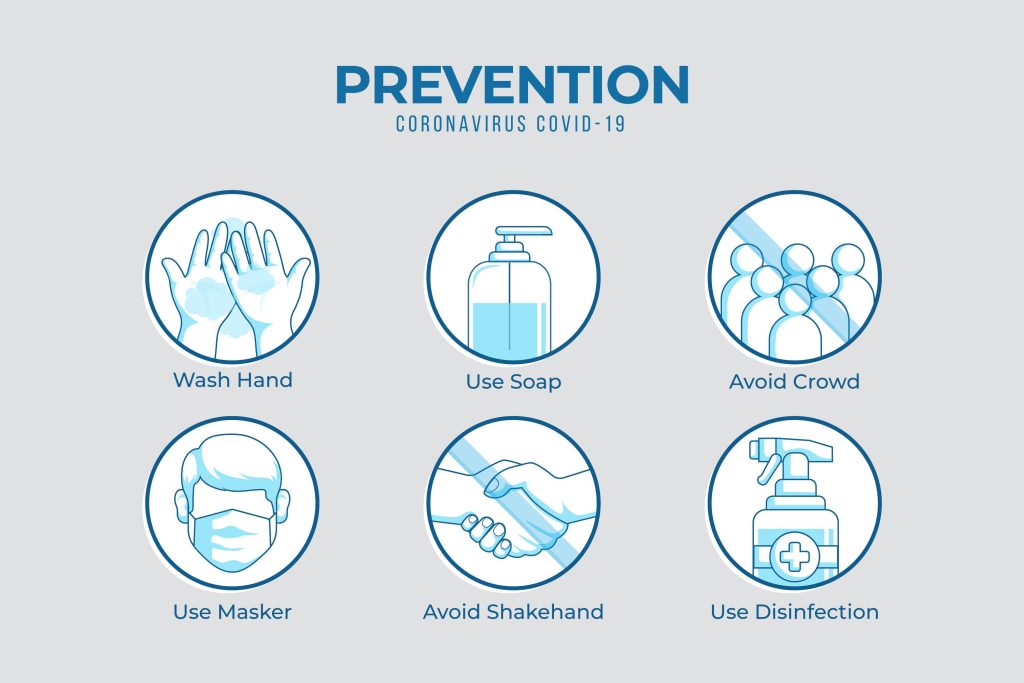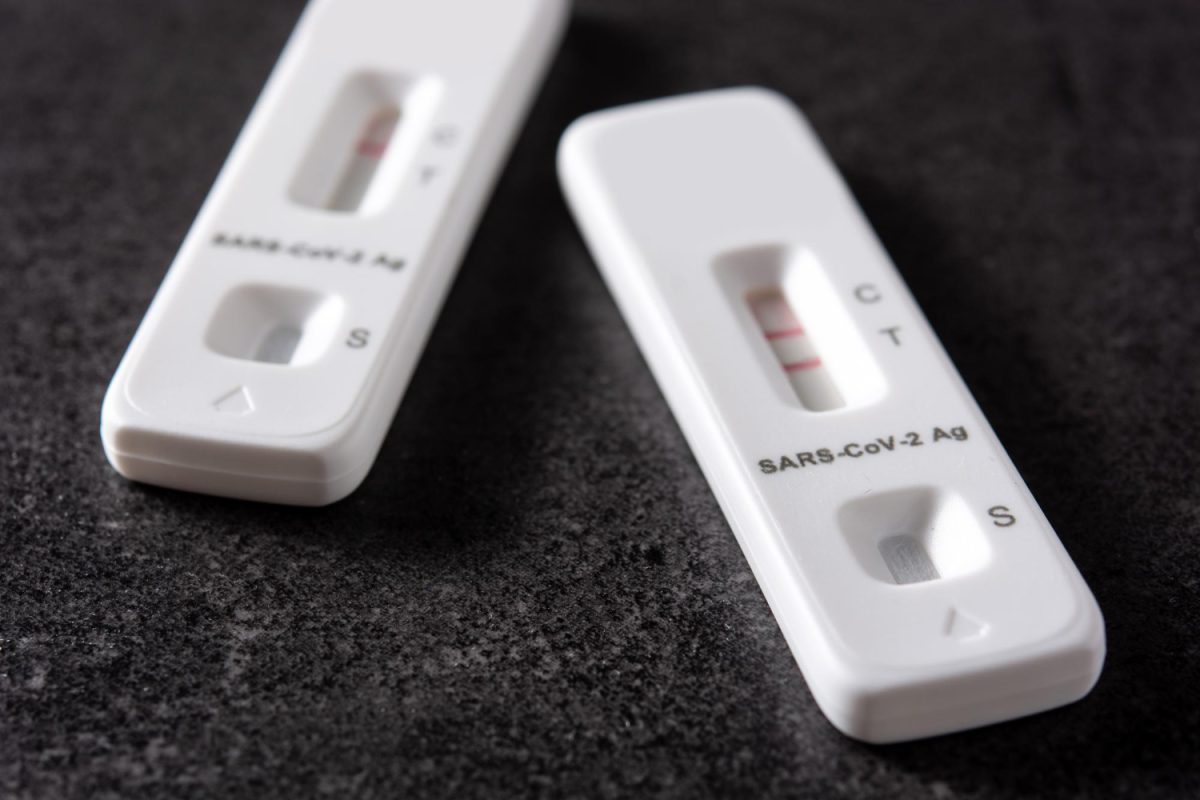You do your best to stay safe, but sometimes one weak link can expose you to the coronavirus. You meet a friend over a weekend, and a friend of that friend had contact with someone who was sick. And days later, you start to show symptoms of the virus.
COVID-19 exposure may not be as threatening as it was a couple years back, what with coronavirus vaccines. But you could still catch the virus. Many of the social distancing and isolation rules from the start of the pandemic have been removed. Health officials have also warned people to brace for waves of infections as winter approaches.
If you’ve managed to get this far into the pandemic without being exposed, you may not know what happens next. So what are you supposed to do?
Isolate and Get Tested
Your first step after learning of the exposure is to get a rapid COVID test. Follow this rule even if you don’t feel sick or tired. COVID doesn’t always present as a typical case. You may have asymptomatic COVID, which means you are carrying the virus without experiencing any of the typical sniffles, sore throat, or cough.
Regardless of your symptoms, assume you have it and self-isolate until you can get tested. While you may not feel sick, you are still contagious if you have asymptomatic COVID.
To limit your risk of spreading the virus, find concierge COVID testing in your area. These services send a Registered Nurse (RN) to your home so that you don’t have to travel anywhere to get a rapid PCR COVID test.
Concierge testing reduces how many places you must visit to receive the healthcare you need to recover, so you’re less likely to spread the virus around your neighborhood. With grocery delivery and other on-demand-services, you may not even have to leave your house once.
Another perk of concierge testing is that a professional handles every step of the procedure. This may come as a relief if you find an at-home COVID test intimidating, and you worry about getting it wrong. A concierge test takes out all the guesswork involved in self-administering an unfamiliar test, so you can trust the accuracy of the results.
What to Do if You Test Positive

In an ideal world, your concierge testing comes back negative. Reality is another matter. If your concierge test returns positive results, here are some tips that put your health first.
- Call Your Doctor: Get in touch with your doctor or telehealth provider to find out if they have any advice regarding your treatment. They may also have a system in place to track those who have contracted COVID. But for your own sake, they may suggest over-the-counter medicine and other tips to help you feel better faster.
- Quarantine: Regardless of symptoms, you should stay home. How long you must self-isolate depends on a lot of factors, including your age, vaccination status, the severity of symptoms, and whether you’re immunocompromised. This step ensures you don’t spread the virus to others, especially vulnerable populations, like seniors and the chronically ill.
- Monitor Your Symptoms: Many vaccinated people report having mild symptoms, but some fully vaxed and healthy individuals suffer from serious complications. Monitor how you feel during your isolation. If you develop trouble breathing or pressure in your chest, you should seek medical attention right away.
- Rest: Treat COVID like you would any severe flu and get plenty of bed rest. Your body requires quality sleep to fight off infections, so try to sleep as much as you can during your illness. If you’re feeling antsy from all this forced downtime, focus on gentle stretches and mindful breathing to help relieve energy.
- Hydrate: Drink lots of water during your recovery. Drinking ensures you don’t lose any fluid, plus it can thin respiratory secretions if you experience a cough. Aim for drinking at least 8 cups of water a day, even if you aren’t thirsty.
- Eat a Balanced Diet: You may not be hungry, but it’s important you keep eating while you’re sick. Food gives your body the fuel it needs to fight off infection.
Seek medical care immediately if you experience the following:
- Pressure or persistent pain in the chest
- New confusion
- Blue-colored or pale lips, nail beds or skin
- Trouble breathing
Prevent the Spread of COVID-19
A positive test this late in the pandemic can be frustrating, so you have a responsibility to yourself and others to follow health guidelines. Follow these tips to protect your health and the health of those around in case of exposure to COVID.




